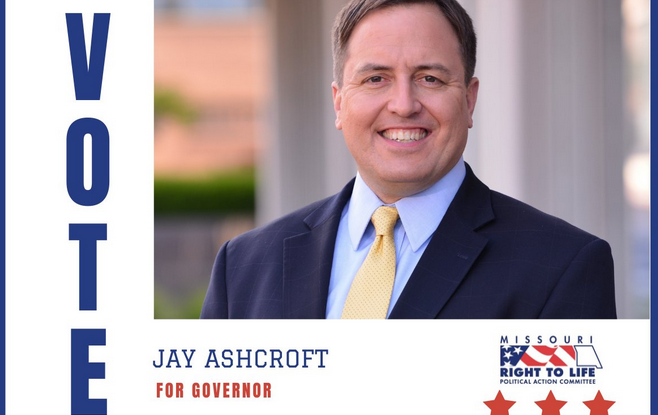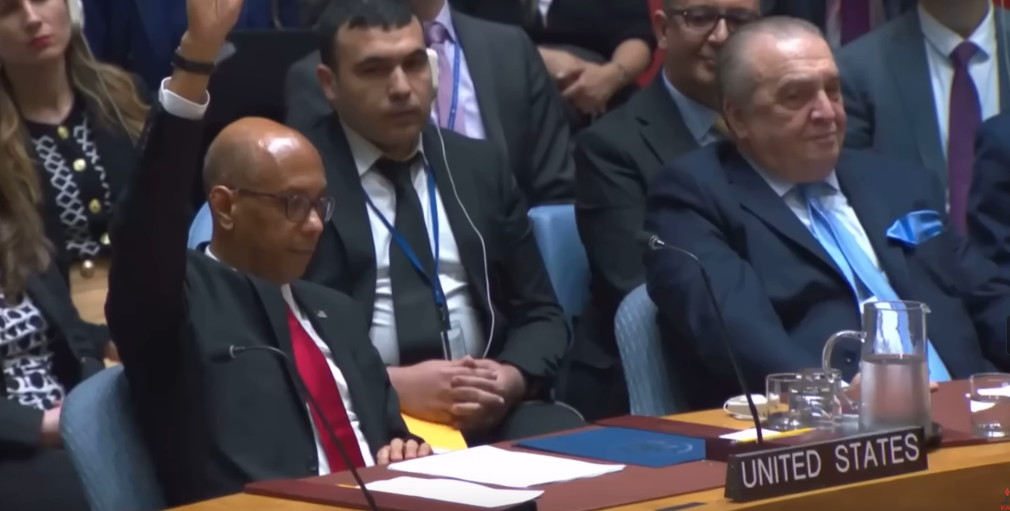Their eyes, intent, reflected mature determination. Of course they had heard of the slashed tires. Other intimidations. But they had also heard of "the audacity of hope." And on this day they assembled in solemn ceremony, progressing when the line moved, standing patiently when the line was still, all to support the man who said, "Yes we can."
[Election 2008]
“Do you think he can win?” That was the persistent question.
“He has already won,” I replied many months ago to this question which I had heard dozens of times on both sides of the Atlantic, during the winter and spring and early autumn, here in New York, during the summer months, in Nigeria.
Every time I said, “He has already won.” there was a quiet agreement. He has won when a young African boy born in America, looks with new eyes at the candidate. He sees new possibility. He sees excellence. He sees himself. He no longer needs to repeat the rhyme from the Langston Hughes poem, “By what sends the white kids, I ain’t sent/I know I can’t be president.”
Yes he can. He has won when African American women see Michelle and see something of themselves, and begin to smile, to move with a grace which we had almost forgotten after four hundred years.
And this election day, 4 November 2008, in Jamaica Queens, New York, even in the early morning hours, this defining moment delivered a rebirth, recovering something that had been lost over hundreds of years. This day brought generations together as young men in their late teens and early twenties stood with dignity, in silence, and with the straight posture of the continent as they joined seniors, young families with children from infants to preteens, so many young men voting for the first time.
Not a word of complaint came from the mouths of the men regarding the long lines. Their eyes, intent, reflected mature determination. Of course they had heard of the slashed tires. Other intimidations. But they had also heard of “the audacity of hope.” And on this day they assembled in solemn ceremony, progressing when the line moved, standing patiently when the line was still, all to support the man who said, “Yes we can.”
The same Life that sent the Tsunami and allowed a global warming that in ten years could submerge Manhattan and Miami, that same Life placed a mirror in the fire so that America could get a close look at herself. And some who thought that they were racism-free discovered a different truth. And grew. The global world watching, also helped us to grow.
In the neighboring borough of Brooklyn, the oldest member of my family, our uncle Isaiah Southerland, at 96 years of age said that he never thought he would see in his lifetime a Black man as president. In his words, Obama is a young man well-prepared for the difficult job. My uncle has many memories of my great grandmother, his grandmother, Emma Jane Cullar, who was enslaved for the first fifteen years of her life. My uncle and other seniors have been rejuvenated, sometimes wearing an Obama shirt or an Obama cap, thankful that life allowed them this sustaining experience. Who would know the troubles they’ve seen?
And the women. It would be good for all to upgrade reading habits and in so doing to upgrade ourselves. Dreams from my Father, Obama’s autobiography, is the finest example of fine art; for its poetic beauty, compassion, its magical use of time and space. It’s quotable quotes. When literature engages the imagination as this work does, it reduces despair.
On this election day, so many good mornings. So many smiles. An exuberance permeating the assembly. Who would know the personal tragedies, the grief under those smiles? We who seemed to have spent so many years in perpetual complaint, carrying a permanent frown, had come with joy in our hearts, and smiles on faces that now seemed unfamiliar with sorrow.
This is what we were reaching for when we said “reparations”.
We wanted to recall our knowledge of the stars, of iron. We wanted to repair the four hundred year damage. We did not want to live forever behind W.E.B. Dubois’s Veil. We needed the respect. We needed the vote. But more basic than that, in the words of the late Civil Rights lawyer, J.L., Chesnutt, “we were fighting for the right to breathe.”
In earlier years, as more voices called for reparations, the resistance to those calls threatened. But before those who threatened could turn around, the candidacy of Barack Obama was suddenly in place and made possible so much that is good. A collateral good.
We wondered how we would get our young to “know thyself”; a critical educational concept discussed in some detail in Dreams from my Father. We wanted regard for the academic capabilities of our young. We wanted educators who could see our children with joy in their eyes. We wanted a living environment that allowed life. Clean air to breathe. Clean water to drink. Food. Clothing. Shelter. We had warned for years, that racism, as a distraction was a deadly threat to the national health. We wanted the right to assemble. The right to express ourselves.
These wishes are now coming into focus.
The world is watching. There can be no true loss when, already, so much has been gained. On the first of November it felt as though two Christmases were coming all at once. The neighborhood joy was barely containable. On this election day, we cast our votes for a man whose inspiration is international, national and personal.
This presidential campaign will be recorded in history as a permanent good, hope delivered in a time of global distress.











